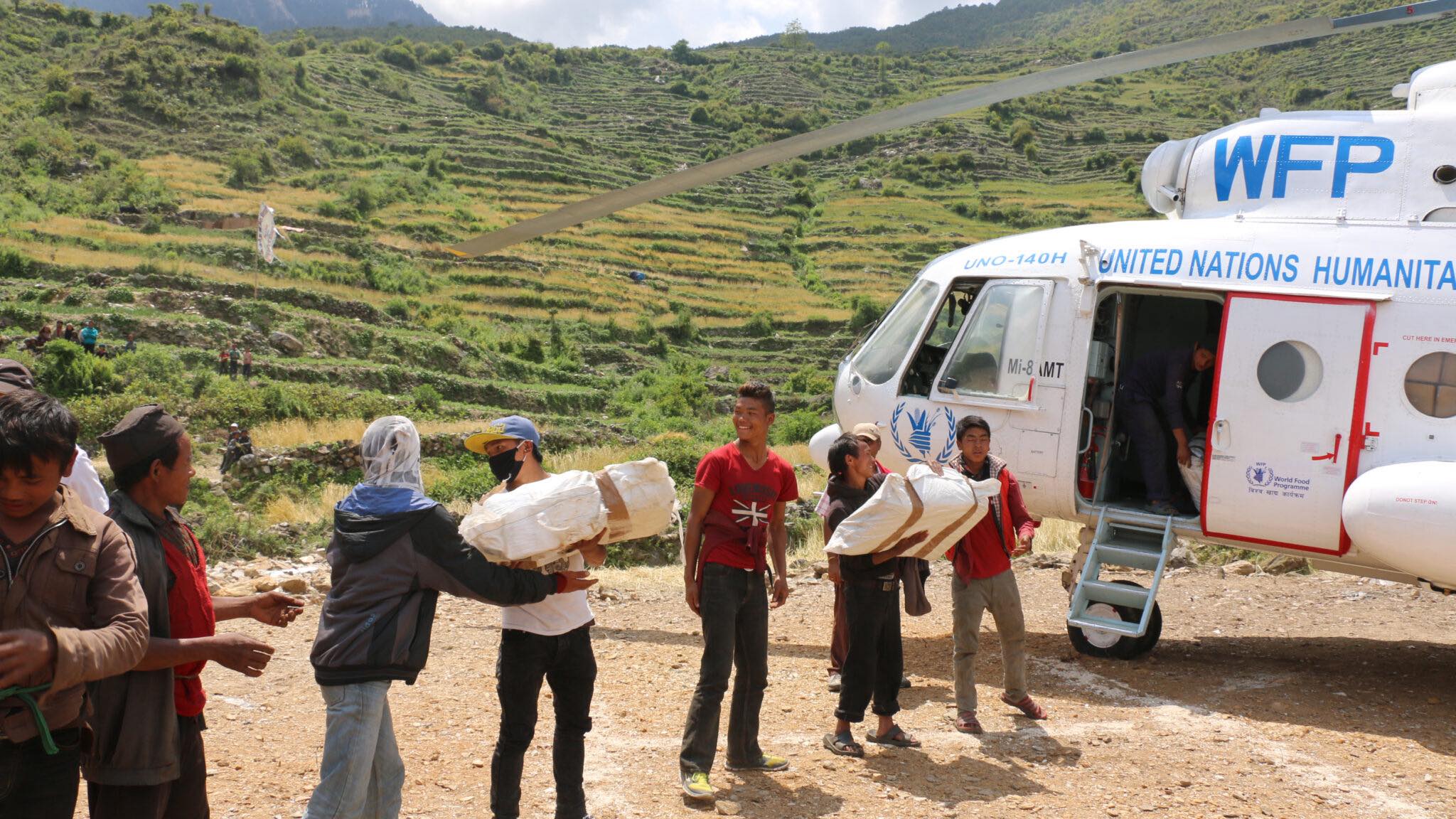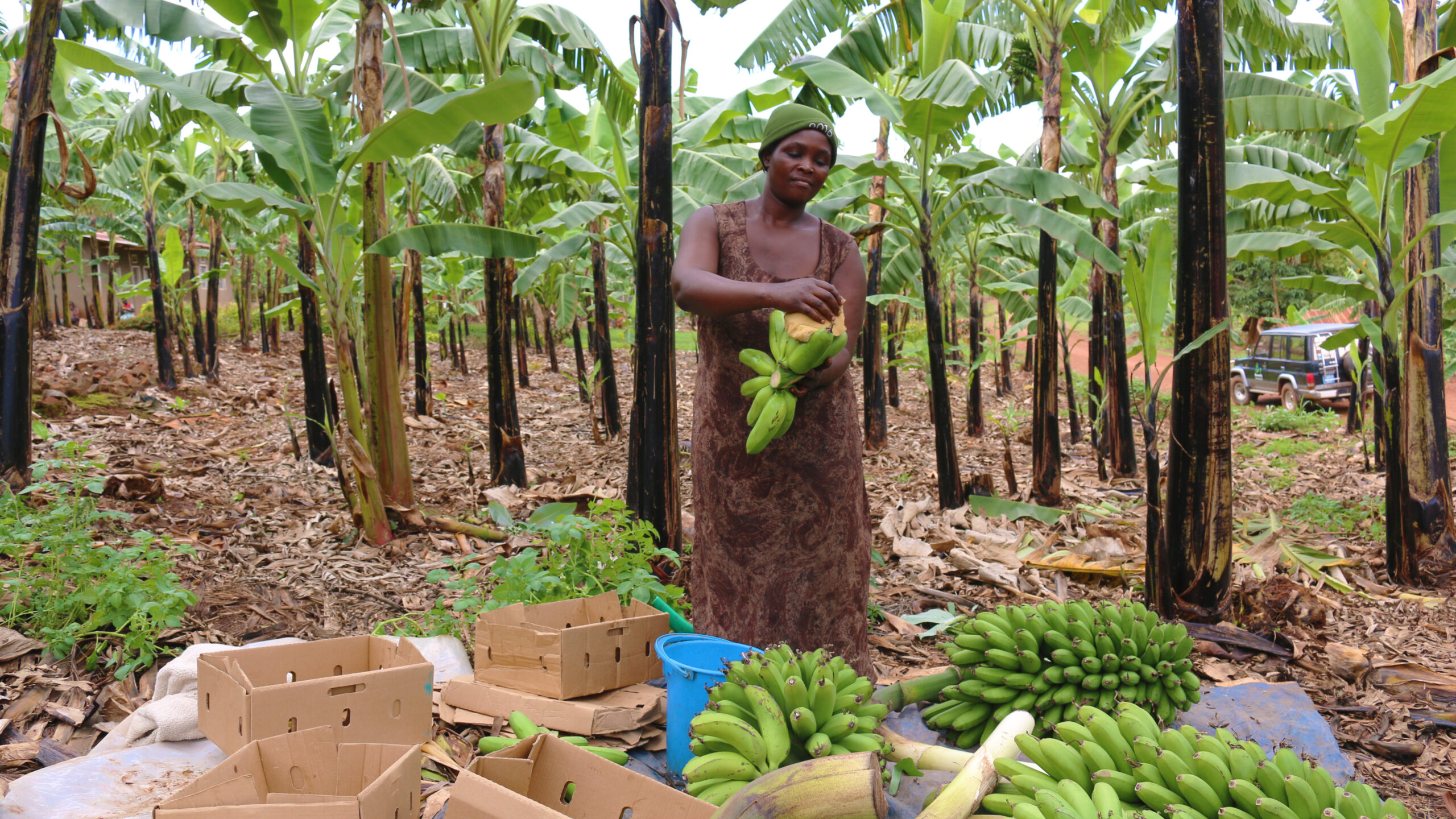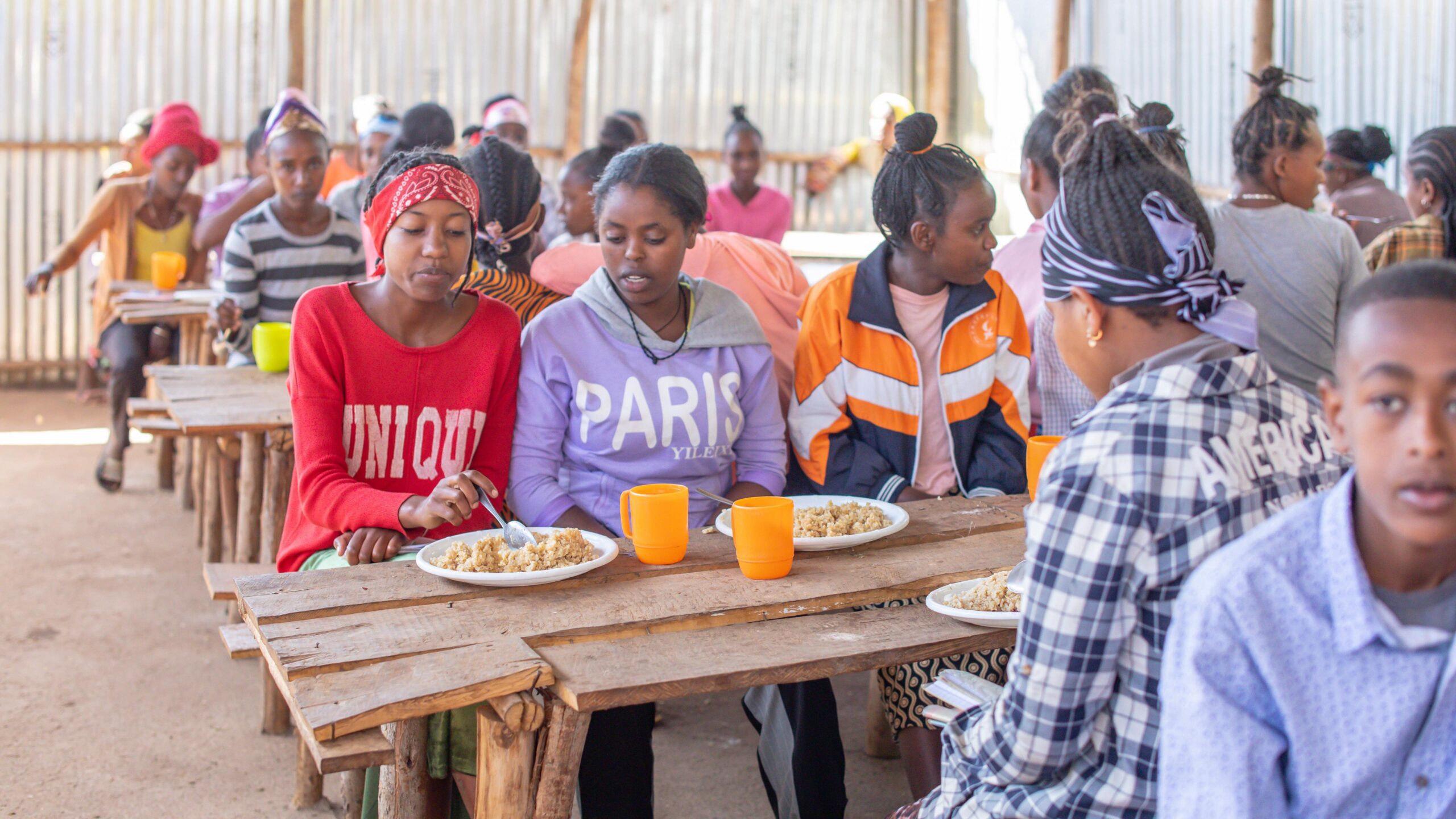Food price volatility is one of the most critical economic and food security challenges facing policymakers today. Spikes in food prices can have a significant impact on incomes, markets, and nutrition worldwide and, in extreme cases, can cause widespread violence and social unrest. Understanding the causes behind price volatility and exploring policy responses to it can help stabilize domestic and global food markets and protect poor people around the world, who spend 50-60% of their income on food.
More information
In response to this timely issue, the International Food Policy Research Institute (IFPRI) is partnering with the Technical Centre for Agricultural and Rural Cooperation (CTA) to organize a Brussels Development Briefing on food price volatility that will take place on November 30 in Brussels, Belgium. The Briefing will discuss the implications of food price volatility, review the results of the recent G20 Summit in Cannes, and provide a dialogue platform to feed into the policy debate for the next G20 summit that will be held in Mexico in June 2012. Program speakers include Mamadou Cissokho, president of the Network of Farmers’ and Agricultural Producers’ Organisations of West Africa (ROPPA); Hafez Ghanem, deputy director of the UN Food and Agriculture Organization (FAO); Maximo Torero, director of IFPRI’s Markets, Trade and Institutions Division; Tobias Takavarasha, senior agricultural policy and investment officer at NEPAD; Chris Moore, director of hunger solutions strategy at the UN World Food Programme (WFP); among others.
The event is part of a series that updates policymakers and development practitioners on key issues and challenges for rural development in the context of European Union and African, Caribbean and Pacific Group of States. The Briefing is being co-organized by IFPRI, CTA, the NEPAD planning and coordinating agency, European Commission (DG DEVCO), the ACP Secretariat, the European Economic and Social Committee (EESC), Concord and various other partners.
Participants can access event materials and provide their own input before, during, and after this exciting event through the Briefings blog: http://brusselsbriefings.net.







